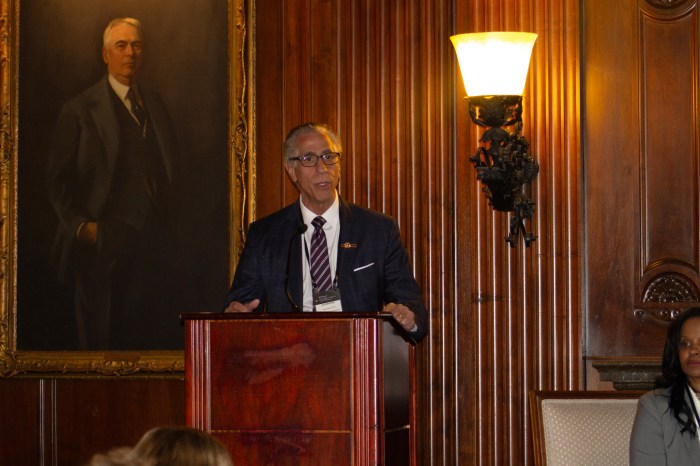At the end of May, France will vote on a new European constitution. A unified European nation with its own constitution sounds glorious. A no vote from France could end the project.
Many commentators are alarmed that polls show voters rejecting this constitution. Strategic Forecasts, a private firm that analyses diplomatic and military affairs, predicts the European Union will break up. They believe a defeat at the polls will elevate tensions and spell the end of Europe as a united political force. Should the French vote down the proposal on May 29, the constitution might fail because the members of the European Union must unanimously support it.
The new constitution isn’t a hare racing across the finish line to claim the prize of a United States of Europe. It’s a turtle plodding toward that goal, and always running the risk of being turned over on its back and rendered unable to move. In Europe, as in the United States, when it comes to political events, the promise is greater than the reality.
First of all, the new formulation isn’t a constitution like that of the United States. It is a 475-page document whose official name conveys its true nature—Treaty Establishing a Constitution for Europe. The document remains a treaty among sovereign states. A scholarly study at the University of Oslo, concludes: “the ultimate decision-making power rests with the Member States.” That makes life after the treaty comparable to life before the treaty.
For gays and lesbians, the European Union is a positive force, with rulings from its court raising the level of protections for gays, lesbians and transgendered people in member nations. But in the proposed constitution, the controversial issue of same-sex marriage is sidestepped; each national government may permit or prohibit same-sex couples from marrying. So it is hard to argue that the passage of the constitution will mark a major advance for lesbians and gays, or that its defeat will be a major setback.
Because it is a treaty, the constitution “suffers from a democratic legitimacy gap” described by the scholars in their report “The European Constitution: the Rubicon Crossed?” That title suggests that rather than crossing into a new era, Europe may be adrift in the river between the old Europe and a new united nation.
There is only one body that is popularly elected by the people of Europe—the European Parliament—but the constitution gives it little authority. The real power is reserved for the heads of state of the member nations. Doug Ireland, an American writer who is a Francophile and an unrepentant critic of capitalism, calls the constitution “undemocratic.” His major concern—language in a third article of the constitution permitting the free flow of capital and labor among member nations.
Ireland and trade union advocates worry that low-wage countries like Poland and Turkey could become home to new factories, replacing the unionized plants in Western Europe. He is undoubtedly correct that this is a potential problem in a unified European nation, but it is also a problem without the constitution. The “Rubicon” report, called a “must-read” by the Council of Foreign Relations in New York City, politely suggests that guarantees of a “social market economy” are “problematic.” This social welfare term is “used in combination” with competitiveness and price stability, free market terms that are “bolstered—and–privileged—by numerous specific provisions in the draft.” The drive for lower wages and benefits has infected Europe, and many Europeans worry that that new constitution is a capitalist Trojan horse.
Moreover, there are no provisions for amending the constitution, so that if voters are unhappy they must elect national leaders who will negotiate a new treaty.
These undercurrents drive the referendum vote in France, and so far the polls are ambiguous. Spaniards approve of the new treaty, but in France the no vote has the lead. The large bloc of undecided voters—approximately one-third of the electorate—is likely to decide the outcome. Look for a surge of yes voters as the referendum date draws near.
While economic reality is working against the European Union’s political appeal, other factors favor its continuity. Not the least of these is peace. A major motive for the drive for European unity is the knowledge that two dreadful wars convulsed the continent in the 20th century. The new constitution creates a foreign, not a defense, ministry.
A word of caution is appropriate. Despite some pessimistic predictions, the defeat of the European constitution will not mean the breakup of the European Union. Nonetheless, it would have serious consequences. It would be a personal defeat for a prominent French leader, former President Valéry Giscard d’Estaing, who led the effort to draft the new constitution. A revised constitution might strengthen the European Parliament, the only body directly elected continent wide. Their authority is largely symbolic.
Then again, a defeat of the new constitution might simply force France to hold a second referendum.
Whatever happens, the drive to unite Europe will continue. By aiming for small changes, the new constitution’s drafters have reduced the risk of defeat, while limiting the gains, including continent-wide same-sex marriage, to be made from ratification.
gaycitynews.com


































